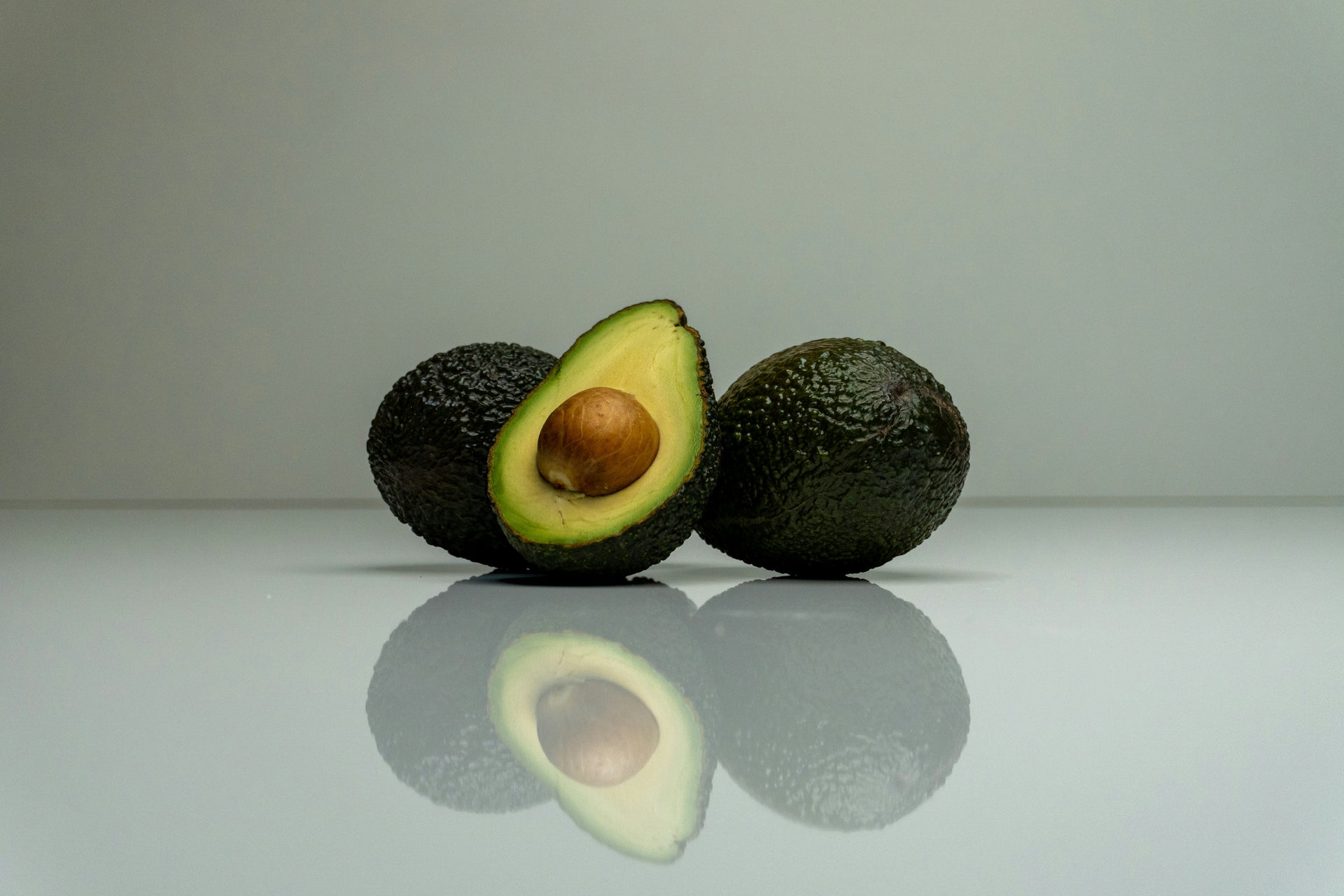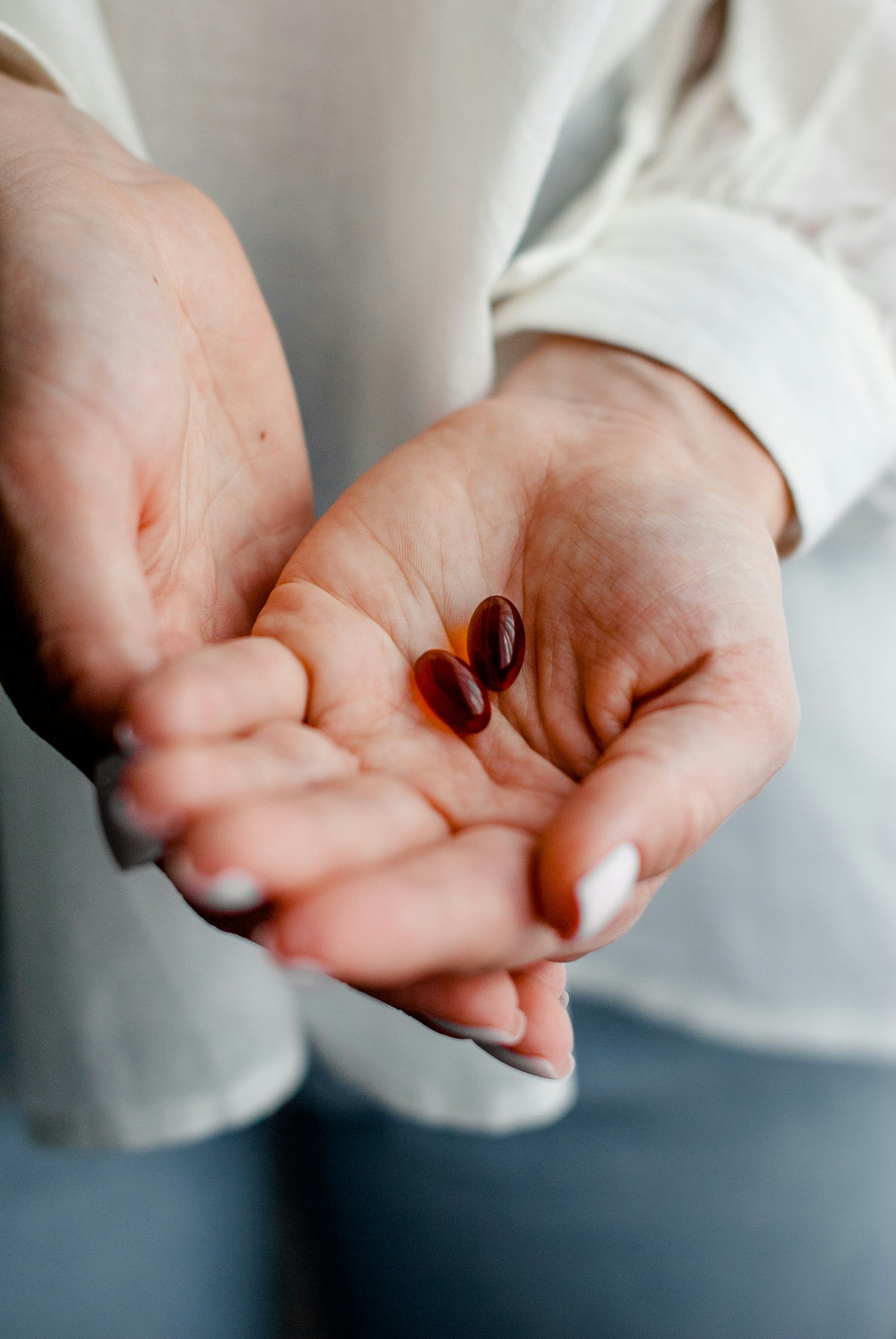Fuel Your Body with Folate-Packed Foods During Pregnancy
by Jordana Ventzke

Folate is key nutrient during pregnancy due to its role in preventing neural tube defects, which most commonly occurs in the first trimester.
The correct form of folate is especially important to take as the synthetic form, commonly known as“folic acid”, is not utilized by most of the population. Research has found that up to 60% of people have a reduced ability to use folic acid due to their genetics and so require the active form, L-methylfolate. By taking the incorrect form, particularly if you cannot genetically use it, increases your risk of neural tube defects.

Folate Rich Food
Foods contain the bioavailable forms of folate, not the synthetic form of folic acid, so it is important to focus on adding folate rich foods into your diet daily. These include eating green leafy vegetables, legumes, liver, avocadoes, eggs, nuts and seeds.

Liver: Baby's Boost
Liver, known as natures multivitamin, is a key food to include in your diet when you are pregnant. It contains the highest amounts of folate, as well as the Vitamin B12.
Folate is best known for its role in preventing birth defects, but it also plays a role in maintaining healthy red blood cells and aiding healthy brain development in the developing baby. By consuming foods rich in folate, you are guaranteeing that your body can utilize the folate correctly, even if you don’t know if you have the MTHFR genetic mutation.

Prenatal Nutrient Boost
Food is always the preferred way to get our nutrients but in pregnancy, supplements are often recommended as nutrient needs increase and some women are not able to meet requirements with food alone, even if they are following a nutrient dense diet.

Methylated Folate Matters
It is important when choosing a supplement that you choose correctly. The form of nutrient in a supplement is often different to the form of the nutrient found in food. The synthetic form of a nutrient, particularly folic acid is not well utilized by the body
When identifying supplements, ensure you take a methylated folate, and NOT folic acid. You should be taking 400 micrograms of methylated folate every day.
It is important that you start supplementing folate at least 1 month before you actively try to fall pregnant and not wait until you are pregnant to start. Ideally you want to optimise your diet 12 months before you plan conception, so that you enter pregnancy with optimal levels and not play catch up.

Jordana Ventzke
TMP Collaborator | Instagram: @jv_nutrition
Jordana is a qualified Paediatric Dietitian and wonderful mother to two children under 6 years old. In addition to being a Dietitian, Jordana is a HypnoBirthing Instructor, helping new families navigate how they would like to birth their babies.
Jordana specialises in infant nutrition, breastfeeding, food allergies and picky eating. She primarily works within the first 1000 days of life. Jordana works with families to support their choices and provide information to help them make informed decisions as to how they would like to raise their children.
Jordana and her husband choose a close attachment parenting approach when raising their children, having breastfed both children and co-slept. She has lived and worked in the Middle East for the last 10 years.

